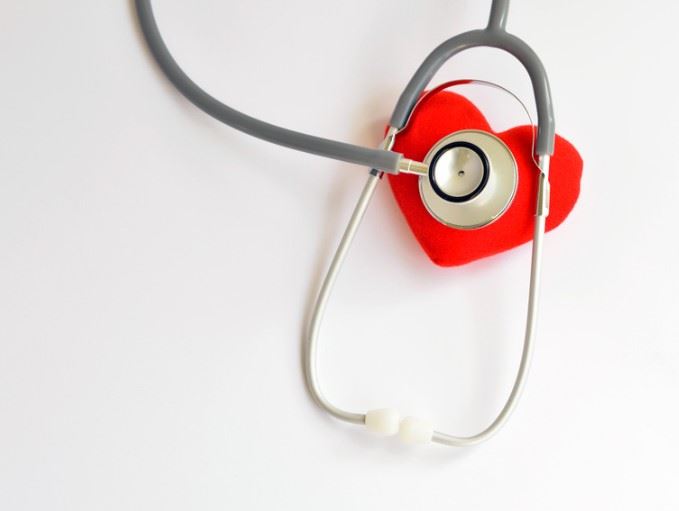 The new report adds to a growing body of evidence suggesting links between sleep and cardiovascular health.
The new report adds to a growing body of evidence suggesting links between sleep and cardiovascular health.
Many people dream about being able to have the luxury of an afternoon nap, but it turns out that those who frequently get a dose of daytime dozing may actually face a higher risk of cardiovascular disease. [Managed Healthcare Executive]
A new study published in the journal Hypertension has found a connection between the frequency of daytime napping and a person’s risk of hypertension and stroke. The study backs up earlier reports linking sleep and heart health, though the causal mechanisms behind the correlations have not yet been fully explained.
In the new report, researchers used a British population health database called UK Biobank. The data set includes more than 500,000 people ages 40 and older who volunteered to regularly provide health and lifestyle information, along with blood, urine, and saliva samples, beginning in 2006.
Four times between 2006 and 2019, participants were asked about their sleep and napping habits. Respondents were asked to say how often they took naps during the day, with three possible responses: “never/rarely,” “sometimes,” or “usually.”
Corresponding author E. Wang, MD, PhD, of Xiangya Hospital Central South University, and colleagues wanted to know whether the frequency of a person’s napping might correlate with their heart health. They began with the UK Biobank dataset and then excluded any participant who already had a history of hypertension or stroke.
What remained was a data set of 358,451 people. After a mean follow-up period of 11 years, the investigators compared those napping reports to incidences of first-time hypertension and stroke.
Wang and colleagues found that, compared to those who reported “never/rarely” napping, people who frequently napped during the day had a 12% higher chance of developing hypertension and a 24% higher chance of having a stroke. When broken down by age group, those who were under the age of 60 had a 20% higher risk of hypertension if they napped frequently, compared to those who never napped. Among those over the age of 60, the increased risk was 10%.
The American Heart Association recently included sleep duration as one of eight “essential” health factors and behaviors it says can affect a person’s cardiovascular risk. One of the co-authors of that checklist, Michael A. Grandner, PhD, MTR, of the University of Arizona, said in a press release that these new findings add to a growing understanding of the importance of sleep.
“This study echoes other findings that generally show that taking more naps seems to reflect increased risk for problems with heart health and other issues,” he said.
Full article here>
###
